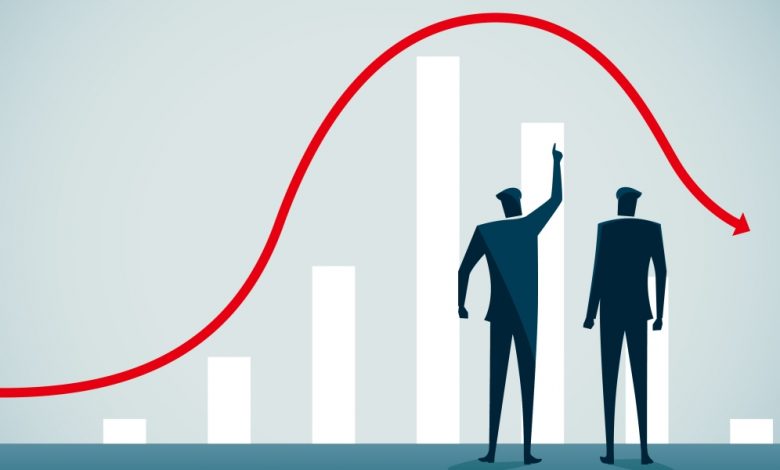How CEOs are handling tensions in the face of the recession

When PwC surveyed over 4,400 CEOs from more than 100 countries and territories, it found that nearly 75% of the world’s top executives expect growth to slow in 2023, prompting a complete shift in perception. Three out of four CEOs expressed optimism.
Today’s CEOs manage the tension between short-term economic problems and the long-term mandate to change to remain competitive. According to PwC’s annual global CEO survey, nearly 40% of CEOs believe their business will not be economically viable a decade from business-as-usual.
“My advice: get your business ready for growth,” says Mohamed Kande, Vice Chair for US Consulting Solutions and Co-Leader and Global Advisory Leader at PwC, during wealth‘s CEO Leadership Series on Wednesday. “Do the cost structuring that needs to be done and reinvest in growth. And that growth must be fueled by technology. That will be the future.”
For more than a year, Federal Reserve officials have been battling inflation and have consistently hiked interest rates to slow the economy and ease price hikes. But policymakers are aiming to do so in a way that would ideally result in a mild or short-term recession, or perhaps avoid an economic downturn entirely. The strategy has been fairly successful so far, with the US seeing a fall in inflation, but economic growth is still forecast for 2023 by observers such as the International Monetary Fund.
Glenn Fogel, CEO and president of online travel agency Booking Holdings, says his company needs to balance the macroeconomic environment with the future needs of his business. For Booking.com, this is mostly focused on accelerating tech innovation, with Fogel pointing to the recent excitement around AI and the chatbot ChatGPT.
“You have to have the courage not only to look at the next quarter,” says Fogel. “Travel will pretty much grow a bit faster than GDP. So I always have to say, ‘Let’s not worry too much about the short-term things. Let’s be sure we’re taking a long-term view.’”
Michael Sonnenshein, CEO of crypto asset manager Grayscale Investments, also likes to think long-term. He has been in the crypto business for nine years and says the industry has seen a lot of noise and even distrust in the wake of crypto exchange FTX’s high profile bankruptcy. But he says this is a failure of those involved, not an indictment of the crypto market as a whole.
“Don’t let the headlines distract you,” says Sonnenshein. He says he’s reminding his team to stay focused on what Grayscale is trying to build as an organization and that the “daily debates about crypto shouldn’t detract from the long-term belief we have about the asset class.”
At tire maker Michelin, too, longer-term thinking has meant the manufacturing giant has outlived three key levers that are at the heart of a five-year plan. Alexis Garcin, president and CEO of Michelin North America, says all three — focusing on customers, accelerating factories’ digitization and investing in their people — also reduce costs overall.
Brad Jackson, CEO of consulting firm Slalom, says he believes many executives want a near-term recession because it would allow them to reframe investor and employee expectations. He believes that companies that are going to be successful in the future need to have a broader cultural realignment, with a strong focus on customers and their employees.
“I’d like to see more awareness of long-term investing and how it affects company multiples and valuations,” Jackson says. “Not much talk about it today.”
Even if the US experiences a short-term recession, Suresh Muthuswami, chairman of Tata Consultancy Services North America, says that while companies can cut costs to prepare for a recession, it shouldn’t hurt employee engagement. He says that hurting morale could even be counterproductive.
“Technology is the last thing they cut down on,” says Muthuswami, referring to conversations he’s had with clients.
Janeen Gelbart, CEO of AI-powered software leadership platform Indiggo, says business leaders know that society is always in a period of change and that there will always be uncertainty. And she asked rhetorically on whose shoulders this lands. Their view: Much of the responsibility rests on the shoulders of burnt-out middle management and senior management.
“We need a balance between getting quick wins while building our organizations for the future,” says Gelbart. “This mixture of transformation, innovation and change is very difficult.”
Our new weekly Impact Report newsletter explores how ESG news and trends are shaping the roles and responsibilities of today’s leaders. Subscribe here.



